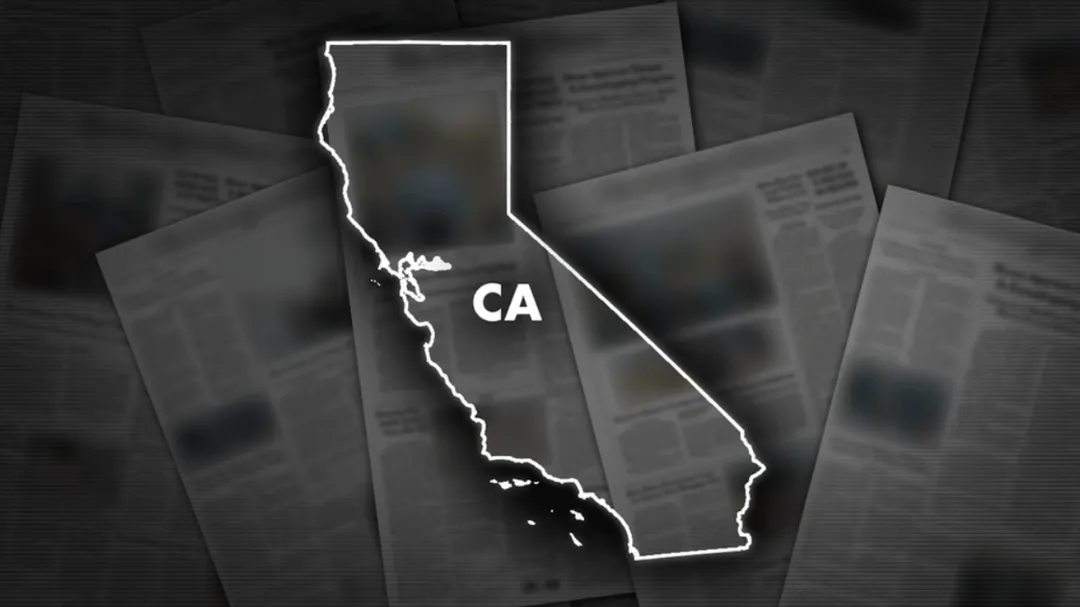
Is Tokenism Taking Over? Changes in California’s School Sports Policy Spark Heated Debate
In a controversial move that has incited passionate responses from both proponents and critics, the Redlands Unified school board in Southern California voted on April 22 to ban transgender girls from competing in girls' sports. This decision aligns Redlands with the Chino Valley district, which has pursued similar policies, sparking wide-ranging discussions about fairness, inclusion, and the implications of such legislative actions on students’ rights and mental health.
The vote, held during a notably tense board meeting, concluded with a narrow 3-2 outcome. Board President Michelle Rendler and members Candy Olson and Jeanette Wilson advocated for the resolution, citing a need for "fairness in girls’ sports." Olson expressed gratitude that she did not face similar challenges during her athletic career. "If people think there is no difference between men and women, they are denying science," Olson stated. This assertion echoes sentiments from various corners of the debate, but the rhetoric raises questions about scientific understanding and sensitivity towards transgender issues.
Critics, including executive director of Together for Redlands, Trisha Keeling, pointed to the lack of transgender athletes in their district. "Redlands should not and cannot stand for this form of discrimination," she remarked, highlighting the potential harm that such policies could pose to the mental well-being of transgender youth. Activists and parents alike shared concerns over stifling diversity and inclusion, emphasizing the negative consequences of exclusionary policies.

The Redlands board’s decision occurs amidst a backdrop of broader cultural conflicts affecting California’s education system. Similar measures have already been seen in districts like Chino Valley, inciting protests and discussions about the governance of educational content and the rights of students. Chino Valley’s president, Sonja Shaw, affirmed her support for the Redlands policy, arguing that it was about "common sense" and ensuring neutral learning environments, while simultaneously facing backlash from those labeling such perspectives as discriminatory.
Public opinion seems divided; a recent survey suggested that a significant portion of California residents, including over 70% of school parents, support keeping transgender athletes out of sports aligned with their gender identity. Such statistics add layers to the dilemma as school boards navigate between upholding varying societal views and the rights of all students.
As discussions around fairness, rights, and identity continue, the potential for legal challenges looms large. Each decision can set precedent, affecting not only current students but future generations. Critics worry that the predominant voices in this debate reflect a misunderstanding of gender identity. Thus, the imperative lies in engaging deeply with the complexities of this issue rather than adopting polarized stances.
As the Redlands Unified school board moves forward, one question lingers: In seeking fairness, are we inadvertently paving the way for discrimination? Your thoughts and comments on this controversial decision are welcome.